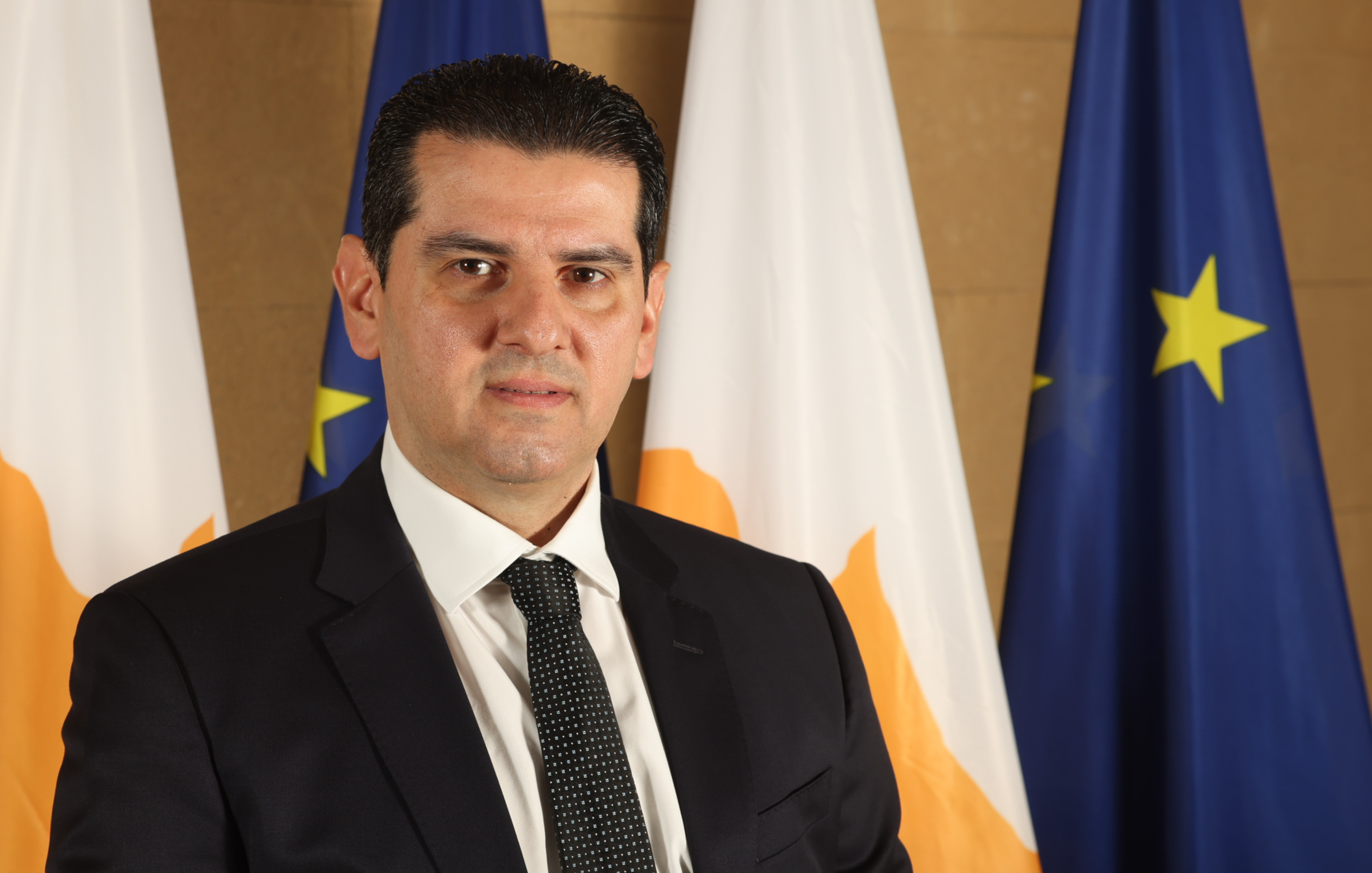The cumulative results of decades of work and advances in medicine are reflected in the increased survival of thalassaemia patients, Health Minister Michalis Damianos said on Tuesday.
“Cyprus has perhaps the highest average [survival] age in the world along with the high rates of professional rehabilitation and social integration,” he said at a review of the National Thalassemia Committee’s work in 2024.
Cyprus had made enormous systematic and well-coordinated efforts to address the disease as early as the 1960s and 1970s, the minister said.
However, he added the challenges of properly managing thalassemia, as with many other chronic diseases, were constantly evolving.
In a changing environment with the increasing burden of various other chronic diseases, the introduction of new drugs and advanced, high-cost therapies, as well as many other factors, health systems are under significant pressure to keep modernising, he said.
“As a state, it is our imperative duty to be vigilant and to do the right thing to constantly improve the services we provide our chronic patients,” he added.
For this reason, he said, the primary objective of the National Thalassemia Committee was the development of a structured and clearly defined national strategy for thalassemia and other blood disorders such as sickle cell anaemia that are relatively new to Cyprus.
The ministry has also put a focus on upgrading blood banks based on the current rapid scientific progress in the field of genetic diseases, new and revised European policies and regulations concerning blood and substances of human origin, medicines, health technologies and health data.
“Chronic, and in particular genetic, hereditary diseases, require a special, multidisciplinary approach and this committee, consisting of all relevant bodies and partners involved in the control and management of these diseases, constitutes a valuable tool,” he said.






Click here to change your cookie preferences